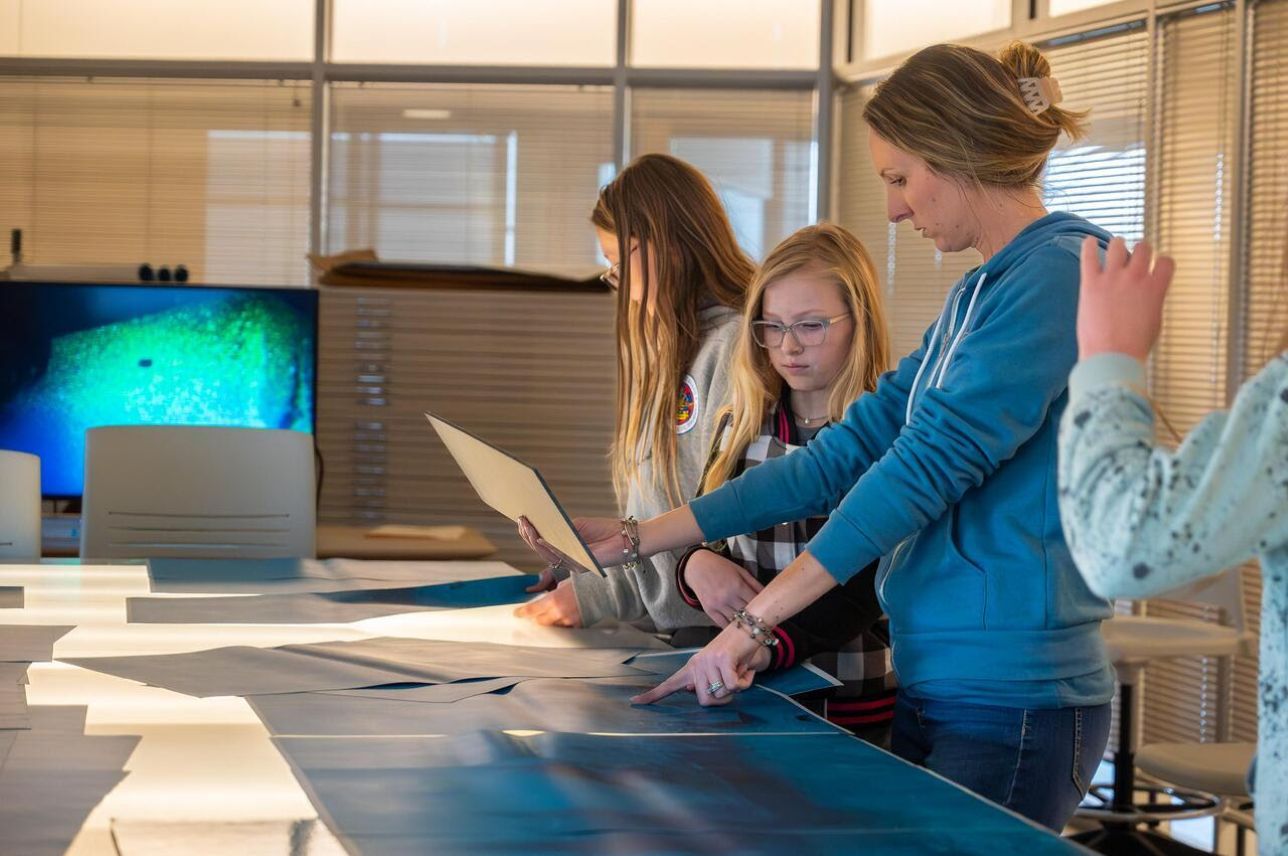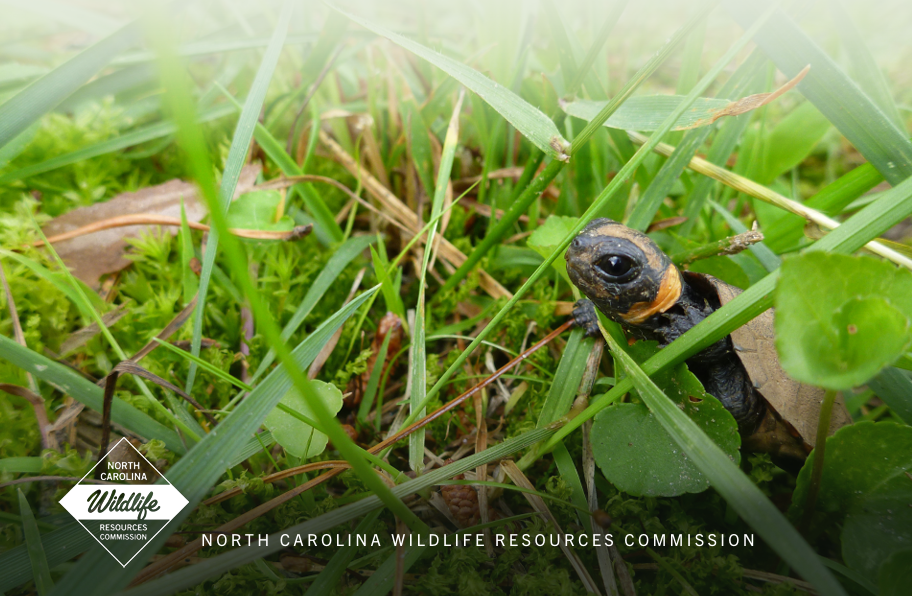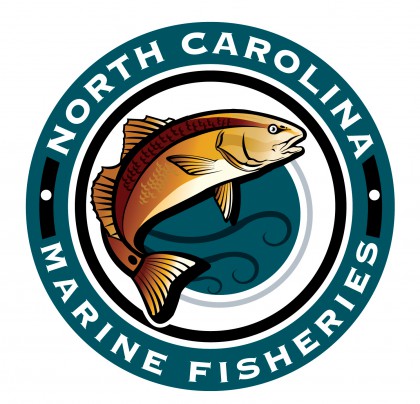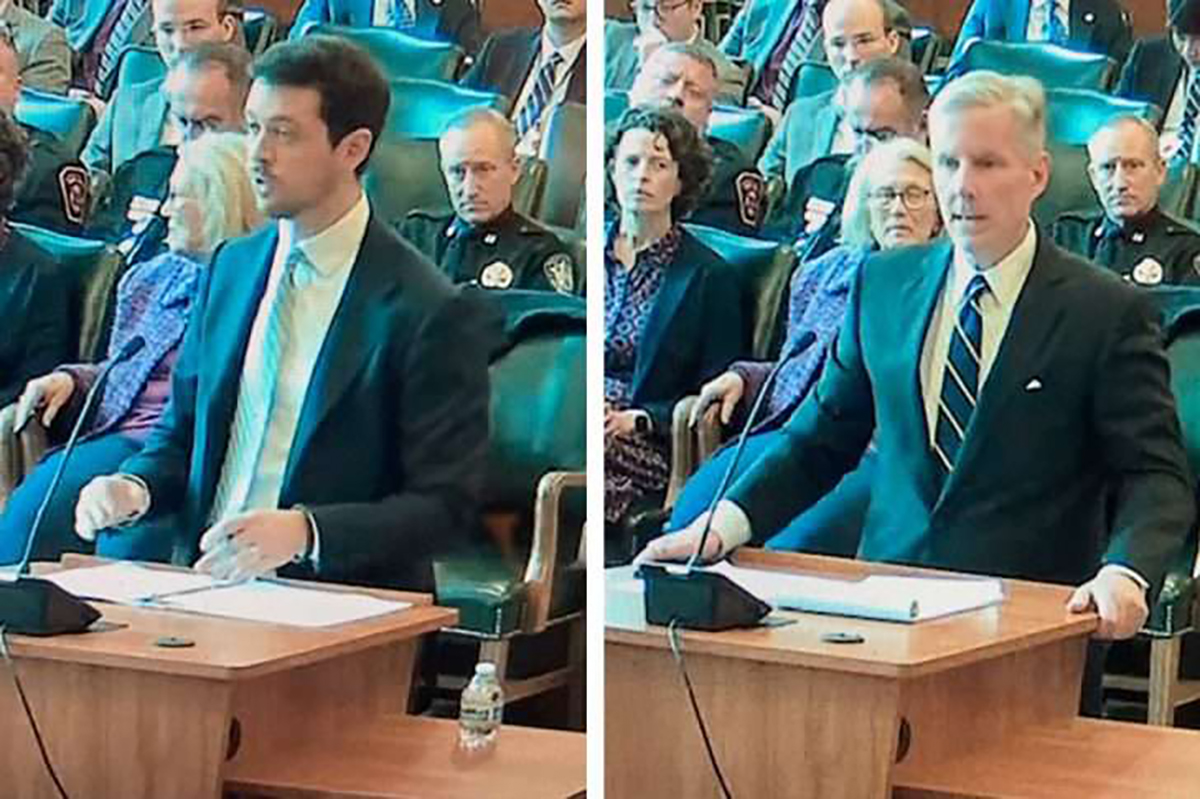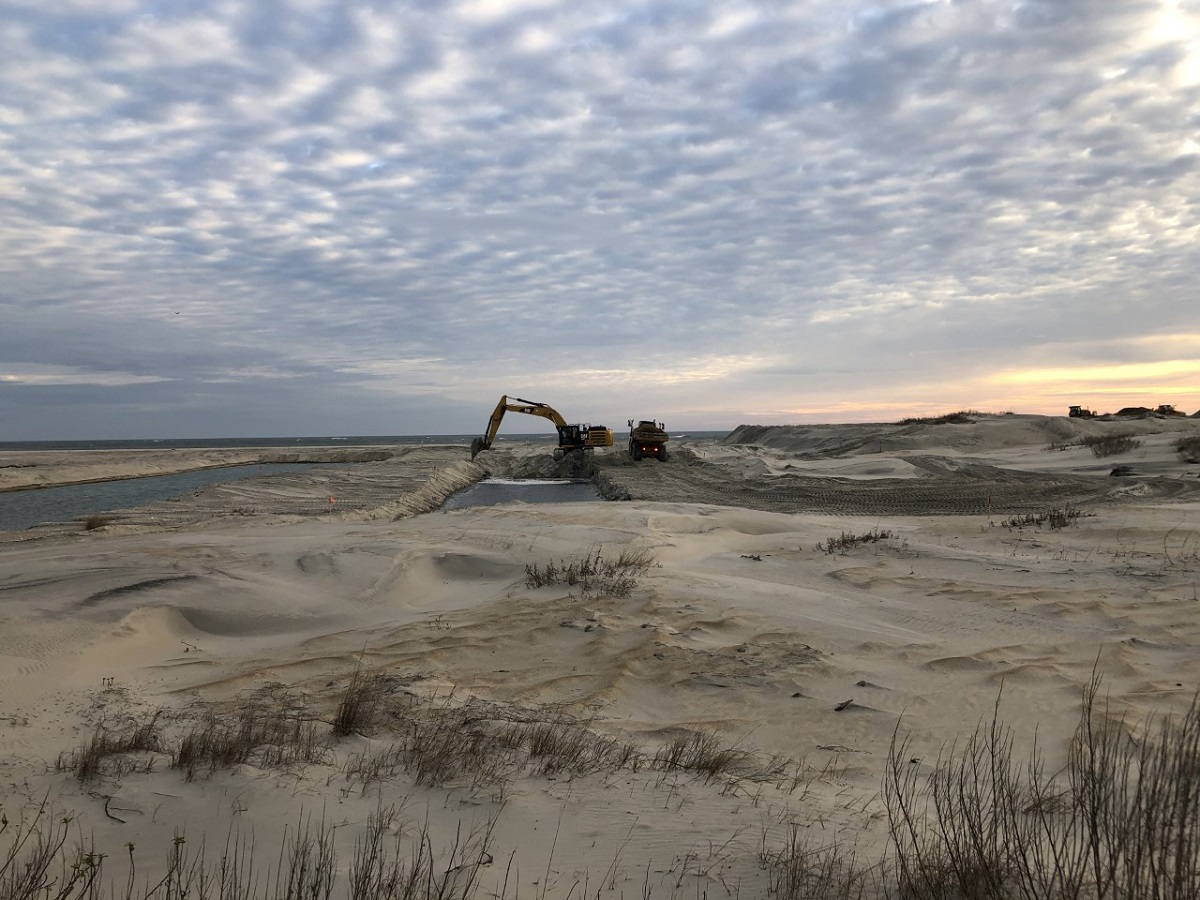
The normally quiet Pea Island National Wildlife Refuge will be busy over the next few weeks as habitat restoration activities take place.
The North Carolina Department of Transportation and Fred Smith Construction of Raleigh began this week excavating sand in an area behind the Oregon Inlet terminal groin. Sections within a 3-acre area will be dug out to create open-water intertidal pools for multiple shorebird species.
Supporter Spotlight
“We anticipate approximately 25,000 cubic yards of sand will be excavated and deposited on the upper beach adjacent to the work area. We estimate the work will take one to three weeks to complete, (weather permitting),” US Fish and Wildlife Service officials said in a statement.
NCDOT was issued a permit in June 1989 from the U.S. Fish and Wildlife Service to build the Oregon Inlet terminal groin. Work began on the terminal groin in 1989 and was completed in 1991.
NCDOT requested a new permit to retain the Oregon Inlet Terminal Groin in 2012 as part of the N.C. 12 Transportation Management Plan.
When the terminal groin permit was updated a decade ago, it required several monitoring and management conditions, including moving sand to create suitable habitat conditions for migratory birds or other federal trust species within a half-mile of the terminal groin, according to Fish and Wildlife.
It was estimated that habitat management would be necessary every five years, give or take two years, depending upon storm frequency and intensity, and habitat monitoring results. These have occurred in winters of 2008, 2011, 2014 and 2020.
Supporter Spotlight
“It is anticipated by the moving of sand to create moist sand and intertidal pool habitats with unvegetated shoreline with coarse shell substrate that habitat quality for these nesting shorebirds and waterbirds will be greatly improved,” officials said. “These habitats are important areas for foraging, breeding, and nesting activities of many different shorebirds including piping plovers, black skimmers, American oystercatchers, and least terns.”



